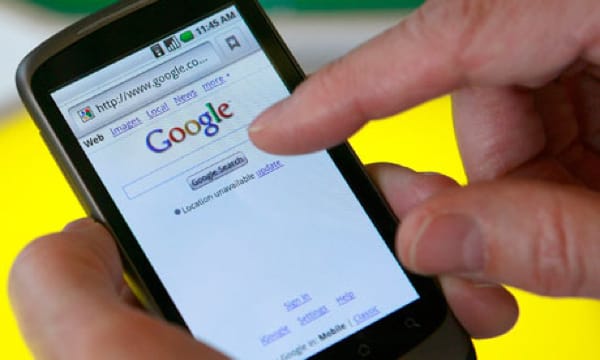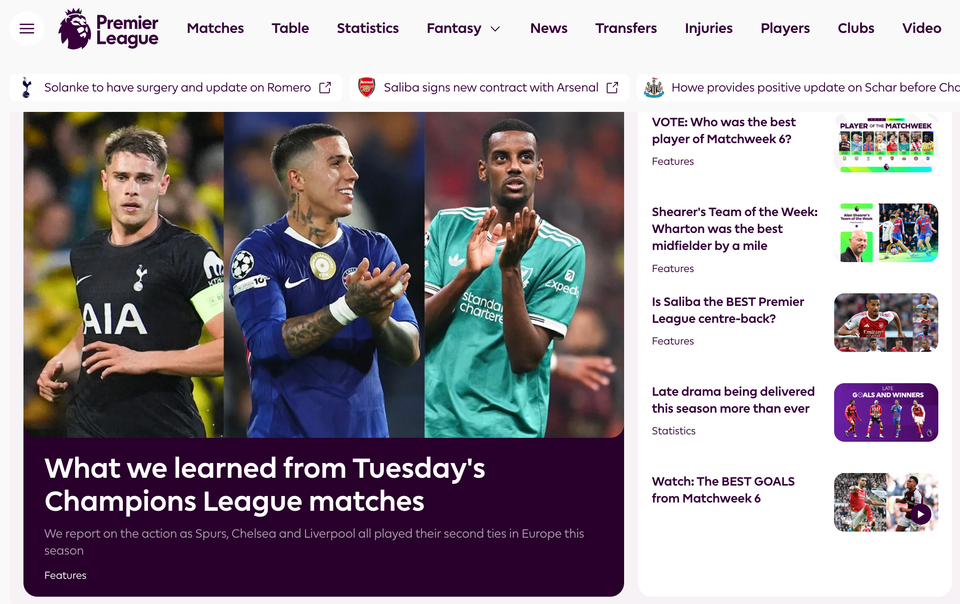Smartphones have overtaken laptops as the most popular device for getting online in the UK

Smartphones are ubiquitous and are one of the primary means for us to get online these days – more so than laptops and computers for any people. Earlier this month, a key moment in smartphone Internet use passed most of us by…as the title suggests, more people use smartphones than laptops for getting online in the UK – a trend that is sure to be mirrored across the world sooner or later.
Ofcom made the announcement, in which a few key highlights include:
- Two thirds of people now own a smartphone, using it for nearly two hours every day to browse the internet, access social media, bank and shop online.
- Ofcom’s 2015 Communications Market Report, published on 6 August, finds that a third (33%) of internet users see their smartphone as the most important device for going online, compared to 30% who are still sticking with their laptop.
- The rise in smartphone surfing marks a clear shift since 2014, when just 22% turned to their phone first, and 40% preferred their laptop.
- Smartphones have become the hub of our daily lives and are now in the pockets of two thirds (66%) of UK adults, up from 39% in 2012. The vast majority (90%) of 16-24 year olds own one; but 55-64 year olds are also joining the smartphone revolution, with ownership in this age group more than doubling since 2012, from 19% to 50%.
- The surge is being driven by the increasing take-up of 4G mobile broadband, providing faster online access. During 2014, 4G subscriptions have leapt from 2.7 million to 23.6 million by the end of 2014.
- We now spend almost twice as long online with our smartphones than on laptops and personal computers. On average, mobile users spent nearly two hours online each day using a smartphone in March 2015 (1 hour and 54 minutes), compared to just over an hour spent online by laptop and PC users (1 hour and nine minutes).

But what about the implications for security? Many people believe their smartphones are secure and don’t need to be protected against online threats to the same level as computers. Here’s what David Emm, Principal Security Researcher at Kaspersky Lab, has to say on the matter.
Take it away David…
Ofcom has today announced a “landmark moment”, where smartphones have overtaken laptops as the most popular device for getting online in the UK. Whilst this may not be a surprise, we should take this as a warning to change the widespread belief that a smartphone or tablet, unlike a laptop, don’t require the same levels of protection. It is important to remember as we live increasingly connected lives, our mobile devices have become a very valuable target for cybercriminals. This is because of the range of personal information they hold –as we increasingly use them for work, for online banking and even to track our health.
One of the biggest threats facing mobile devices is mobile malware. Such threats are becoming increasingly sophisticated, with mobile botnets, the use of code obfuscation techniques and cybercriminal affiliate schemes, designed to make it easy for would-be criminals to make money from malware. 291,800 new mobile malware code samples were found in the second quarter of 2015, nearly three times more than in the first quarter.
As the UK population is relying more on connected devices such as smartphones, Kaspersky Lab recently uncovered a phenomena, Digital Amnesia – where consumers struggle to recall information trusted to their digital devices. So it is worrying that despite this growing reliance on our smartphones, and the rise in threats facing them, recent Kaspersky Lab research found that UK consumers are still failing to adequately protect these devices. Just a quarter install extra IT security on their smartphone (27%), but it is imperative that as we become more reliant on these devices we start to take adequate steps to protect them from cybercriminals.
Mobile Industry Review would like to thank Cammie Troake from Berkeley PR, and David Emm from Kaspersky Lab for the information provided in this article, in addition to David Emm at Kaspersky Lab.




